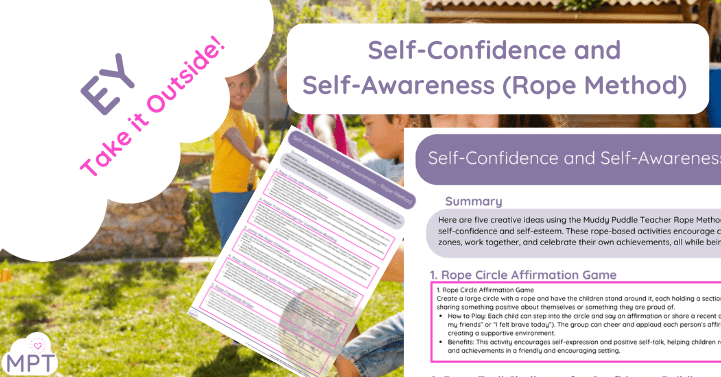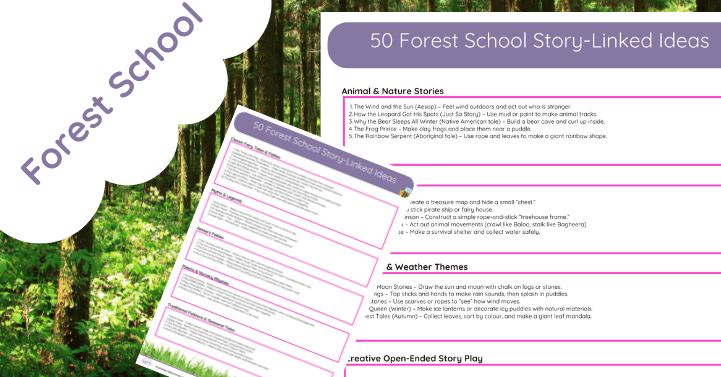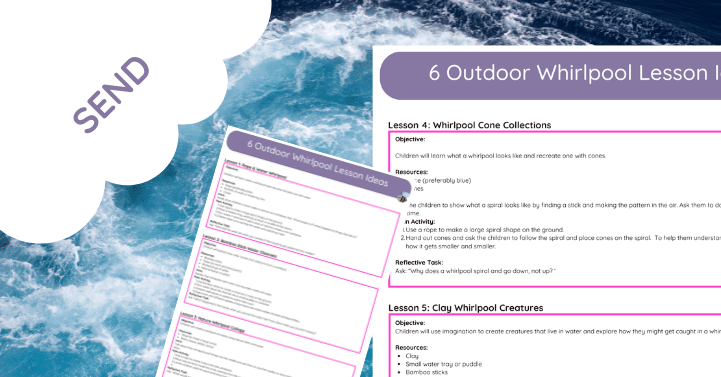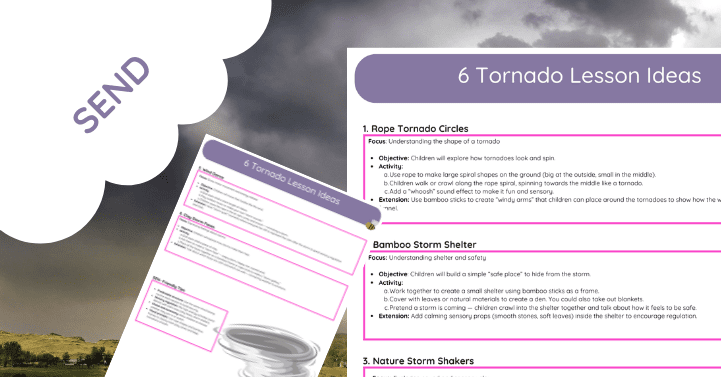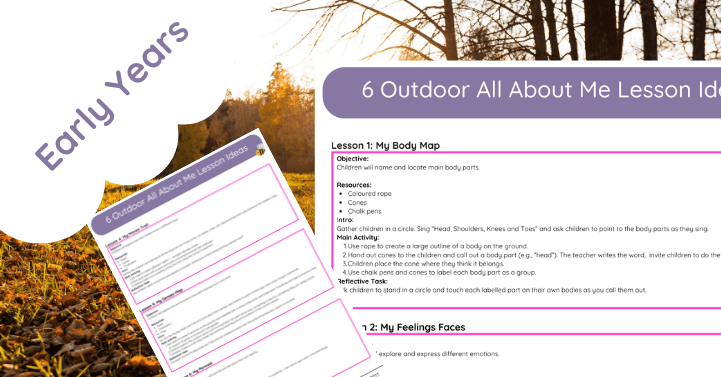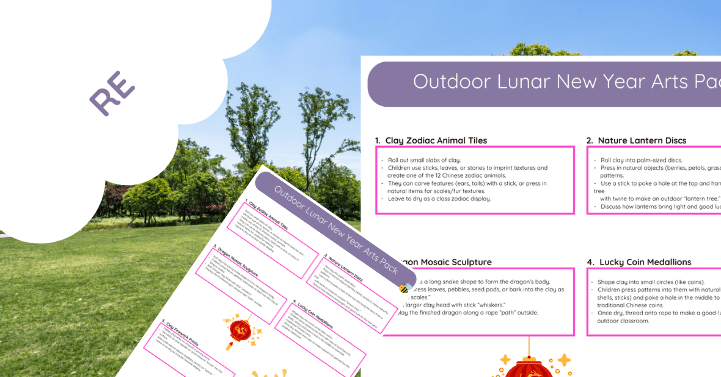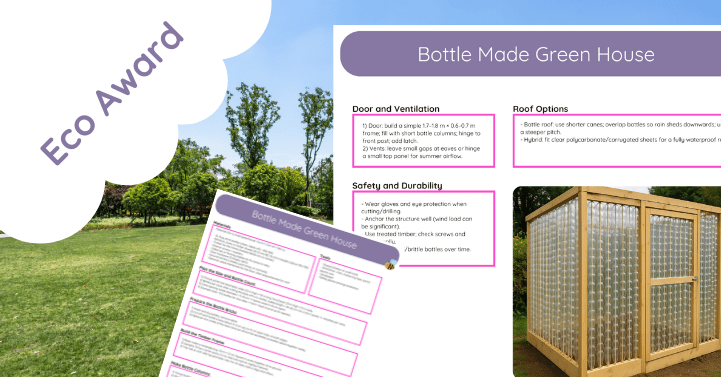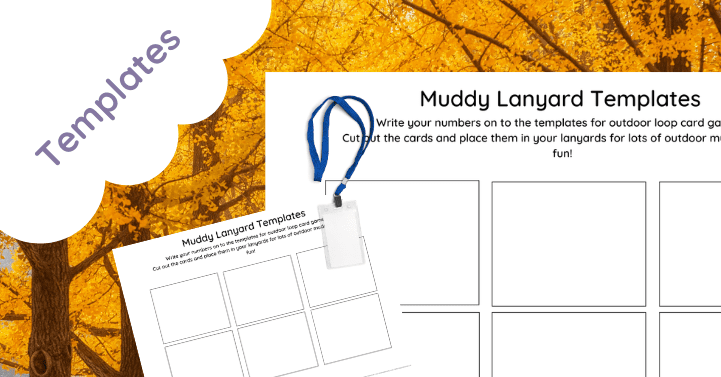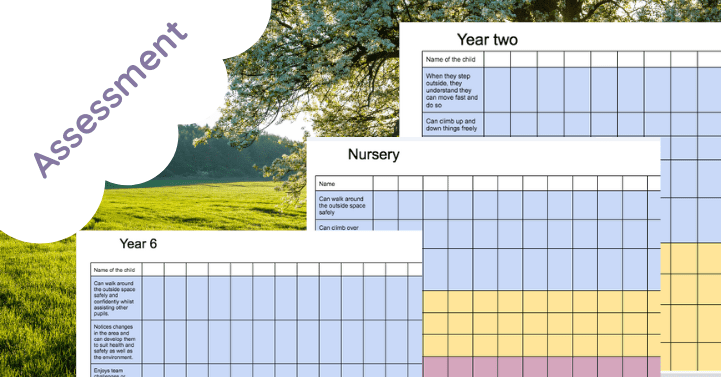Self-Confidence and Self-Awareness in the Early Years – Rope Method Using the Muddy Puddle Teacher (MPT) Approach
Boost self-confidence and self-awareness in young learners with our Self-Confidence and Self-Awareness in the Early Years – Rope Method, inspired by the Muddy Puddle Teacher (MPT) Approach! This thoughtfully designed resource uses the simplicity of ropes combined with the power of nature-based play to create a supportive environment where children can build self-esteem, explore their abilities, and grow emotionally. Perfect for outdoor learning, each activity focuses on helping children gain self-confidence through engaging, hands-on challenges.
Features:
- Self-Confidence-Building Activities: Roping activities like “Balance Walk” and “Rope Maze” encourage children to overcome physical challenges, develop confidence in their abilities, and celebrate their progress.
- Promotes Self-Awareness and Reflection: The “Rope Reflection Circle” allows children to express personal strengths and share achievements, fostering self-awareness and encouraging positive self-talk.
- Peer Support and Relationship Skills: Rope-based partner activities, such as “Supportive Rope Walk” and “Friendship Knot,” emphasize cooperation and mutual encouragement, teaching children the value of support and teamwork.
- Nature-Connected Mindfulness: Inspired by the MPT approach, rope activities integrate mindfulness and outdoor exploration, grounding children in nature and helping them gain a calm, focused awareness.
- Easy-to-Implement and Adaptable: Designed for outdoor settings with minimal equipment, this resource is flexible and easy to set up, making it ideal for various group sizes and learning environments.
Why Choose This Resource?
Our Self-Confidence and Self-Awareness in the Early Years—Rope Method using the Muddy Puddle Teacher Approach is an essential tool for early years educators who aim to cultivate self-esteem, resilience, and emotional intelligence in young children. By combining physical and emotional growth in a nature-inspired setting, this resource encourages children to embrace challenges, connect with others, and celebrate their unique qualities with confidence.
Outdoor Activities to Build Self-Confidence and Self-Awareness
Here are some effective outdoor activities to help children develop self-confidence and self-awareness, with additional resources for inspiration and setup ideas.
1. Nature-Based Obstacle Course
Set up an obstacle course using natural materials like logs, sticks, and stones. Let children navigate the course at their own pace, hopping over logs, balancing on stones, or ducking under branches.
- Benefits: Builds confidence as children tackle physical challenges, encouraging persistence and problem-solving.
- Resource: Learning Through Landscapes provides a range of ideas for creating natural obstacle courses that help children develop physical and emotional resilience.
2. Self-Reflection Circle in Nature
Create a quiet reflection area outdoors where children can circle and share something they are proud of, like a recent accomplishment or a personal strength. This can be as simple as saying, “I was kind today” or “I tried something new.”
- Benefits: Helps children develop self-awareness and positive self-talk while building empathy by listening to others.
- Resource: Twinkl has printable prompts and resources for setting up reflective circle activities and helping children explore and articulate their emotions.
3. The Confidence Rope Trail
Set up a rope trail around trees or bushes, allowing children to hold onto the rope for balance as they navigate different terrains. For a challenge, use blindfolds or have them partner up with a friend for support.
- Benefits: Boosts self-trust and resilience, while partner activities promote empathy and support.
- Resource: The Muddy Puddle Teacher offers practical ideas for rope trails and partner-based outdoor activities that build self-confidence and teamwork.
4. Mirror Nature Art
Provide small mirrors and let children create nature-inspired self-portraits using leaves, twigs, and flowers around the mirror. They can place natural materials around their reflection, creating unique portraits representing their personalities.
- Benefits: It encourages self-awareness and creativity, giving children a chance to express themselves positively and artistically.
- Resource: The Imagination Tree has various nature-based art ideas for young children that encourage creativity and self-expression.
5. Guided “Mindful Walk” in Nature
Take children on a mindful walk, encouraging them to observe their surroundings using all five senses. Afterwards, gather in a circle and have each child share something they noticed or enjoyed.
- Benefits: Teaches mindfulness, self-awareness, and appreciation for nature, helping children build inner calm and awareness.
- Resource: Cosmic Kids Yoga offers child-friendly mindfulness and nature-based meditation activities, perfect for incorporating mindfulness into outdoor play.
Wrapping Up: The Benefits of Outdoor Self-Confidence and Self-Awareness Activities
Taking self-confidence and self-awareness activities outdoors is a fantastic way to engage young children in meaningful learning experiences. Nature provides a dynamic, sensory-rich environment where children can face new challenges, connect with their emotions, and explore their capabilities. Activities like obstacle courses, reflective circles, and mindful walks encourage children to build resilience, self-acceptance, and a positive self-image.
With these outdoor activities, children gain confidence in their abilities, grow in empathy, and develop a strong sense of self that will serve them throughout their lives. For more inspiration on outdoor learning, explore Education Scotland’s Outdoor Learning resources for ideas on building confidence and self-awareness through outdoor play. Embrace the outdoors, and watch young learners thrive!


